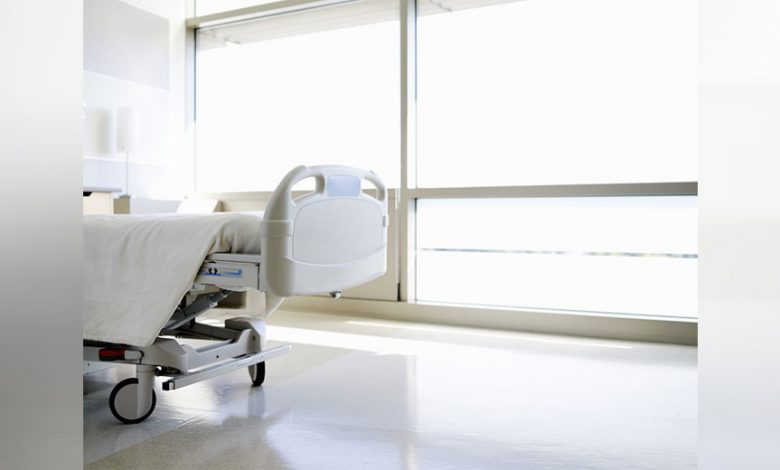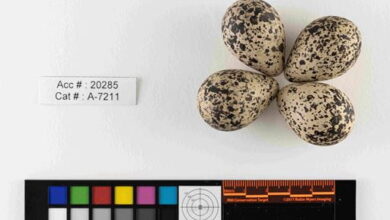
The guidelines on organ donation after medically-assisted death have been updated for the first time since the removal of “reasonably foreseeable natural death” from the eligibility criteria.
In 2019, Canadian Blood Services (CBS) developed policy guidelines to assist clinicians, organ donation organizations, and palliative care experts in discussing organ donation options with patients undergoing medical assistance in dying (MAID). However, these recommendations had not been revised since Bill C-7 eliminated the foreseeable natural death criterion in 2021. CBS has now published updated and new recommendations in the Canadian Medical Association Journal.
The updated guidance is to inform the development of policies, and practices related to donation after MAID. The recommendations aim to assist clinicians in navigating the medical, legal, and ethical challenges associated with supporting patients who choose donation after MAID.
The guidelines were developed by CBS in collaboration with various organizations, including the Canadian Society of Transplantation, the Canadian Association of Critical Care Nurses, and the Canadian Association of MAID Assessors and Providers.
The updated and new recommendations focus on referral processes to organ donation organizations, obtaining informed consent, and providing education for physicians involved in organ donation and working with MAID applicants. A group of 63 experts, including two MAID-eligible patients and two family members of previous organ donors after MAID, reviewed legislative changes and collaborated in creating these recommendations during three meetings held between June 2021 and April 2022.
The recommendations distinguish between two types of patients:
-Track 1 patients, who have a foreseeable natural death
-Track 2 patients, who do not have a foreseeable natural death but meet other criteria.
For Track 1 patients, the guidelines address situations where their capacity to reaffirm consent may be lost and propose that their initial consent to organ donation should be upheld. They also recommend involving the designated substitute decision maker if the patient becomes incapacitated before providing consent.
The new recommendations introduce eight additional guidelines.
They suggest coordinating admissions to the hospital for organ retrieval with the substitute decision maker of Track 1 patients who have lost mental capacity. For Track 2 patients, first-person consent for organ donation should be obtained before transfer and admission to the hospital, regardless of the timing of MAID eligibility confirmation. The guidelines also consider patient requests for organ donation at home on a case-by-case basis.
Healthcare professionals involved in organ donation after MAID should receive specialized training and support, while organ donation organizations should collect data on organ donation after MAID and develop policies for directed organ donation.








































